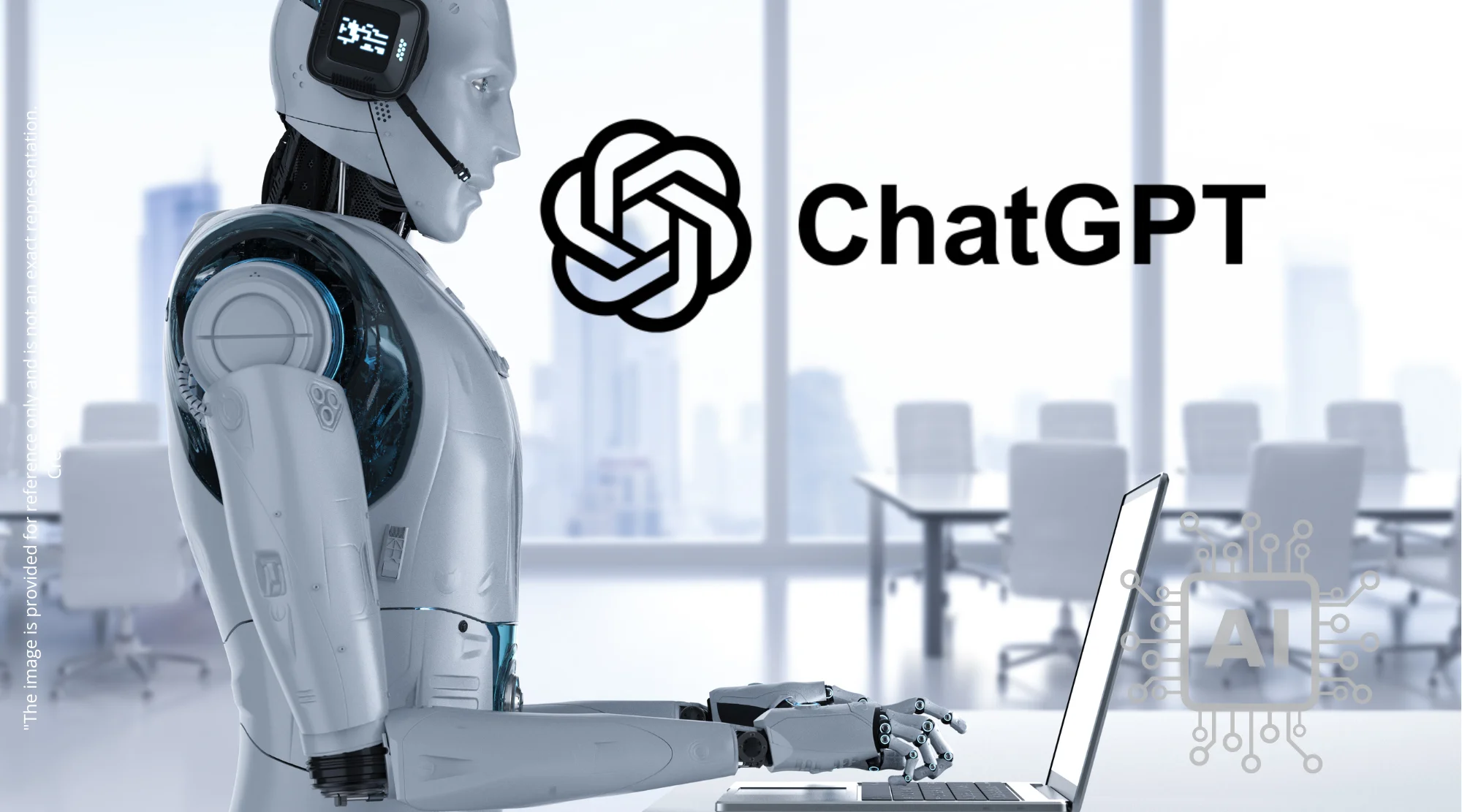Is AI-Powered Robo-Advisory the Future of Investing?
The rise of artificial intelligence is transforming industries, and finance is no exception. Increasingly, investors are turning to AI-powered robo-advisors for guidance, seeking data-driven insights to navigate the complexities of the stock market. But is this trend a sign of things to come, and what are the implications for both seasoned investors and those just starting? Let’s delve into the world of AI and Investment, exploring its potential and its limitations.

The Allure of AI-Driven Investment Advice
The traditional investment landscape often involves human financial advisors who, while experienced, are subject to biases and emotional decision-making. AI, on the other hand, offers a data-centric approach, analyzing vast amounts of market information to identify trends and predict potential outcomes. This objectivity and analytical power is a significant draw for many investors. This analytical prowess can be used to provide a degree of personalization that wasn’t possible before.
Robo-advisors leverage algorithms and machine learning to manage portfolios, automatically rebalancing assets to align with an investor’s risk tolerance and financial goals. This hands-off approach appeals to those seeking a convenient and cost-effective way to invest. External Link: Check out this Investopedia article on Robo-advisors
How AI Algorithms are Shaping Investment Decisions
The core of robo-advisory lies in sophisticated algorithms. These algorithms, powered by machine learning, constantly analyze market data, including stock prices, economic indicators, and even news sentiment. This data is used to identify patterns and predict future market movements. By continuously learning and adapting, these algorithms can potentially optimize investment strategies over time.
Furthermore, AI can personalize investment advice based on an individual’s specific circumstances. Factors like age, income, risk tolerance, and investment goals are factored into the algorithm to create a tailored portfolio. This level of customization was previously only available to high-net-worth individuals with access to personalized financial advisors. Read more about personalization via AI in our blog article on AI in the Workplace: How Tech Professionals Are Using It Now.
Democratizing Access to Sophisticated Investment Strategies
One of the most significant benefits of AI-powered robo-advisory is its accessibility. Traditional financial advice can be expensive, putting it out of reach for many individuals. Robo-advisors, however, offer a more affordable alternative, making sophisticated investment strategies available to a wider audience. This democratization of financial services empowers individuals to take control of their financial future, regardless of their income level.
The lower costs associated with robo-advisors stem from the reduced need for human intervention. Automated processes handle portfolio management, rebalancing, and tax optimization, lowering operational expenses. These savings are then passed on to the investor in the form of lower fees.
The Human Element: Where AI Falls Short
While AI excels at data analysis and algorithmic decision-making, it lacks the emotional intelligence and contextual understanding of human advisors. Financial decisions often involve complex life events and personal circumstances that require empathy and nuanced judgment. AI may struggle to understand these subjective factors and provide truly holistic financial advice.
Furthermore, AI algorithms are trained on historical data, which may not always be a reliable predictor of future market behavior. Unforeseen events, such as global pandemics or geopolitical crises, can disrupt market trends and render historical data less relevant. In these situations, human advisors can use their experience and judgment to adapt investment strategies in real-time. Check out how AI is transforming business in our article, AI Revolutionizes Productivity: The Rise of the Agentic Enterprise.
The Future of AI and Investment: A Hybrid Approach?
It’s unlikely that AI will completely replace human financial advisors anytime soon. Instead, the future of investment may lie in a hybrid approach that combines the strengths of both. AI can handle the data analysis and algorithmic tasks, while human advisors can provide the emotional intelligence, contextual understanding, and personalized guidance.
This collaborative model allows investors to benefit from the efficiency and objectivity of AI while still having access to the human touch when needed. For example, an AI-powered platform could generate investment recommendations, while a human advisor could review those recommendations and tailor them to the individual’s specific circumstances and goals.
Navigating the Risks: Security and Algorithmic Bias
While AI and investment offers numerous advantages, it’s important to be aware of the potential risks. One concern is data security. Robo-advisors handle sensitive financial information, making them potential targets for cyberattacks. Robust security measures are crucial to protect investor data and prevent unauthorized access. You can learn more about data security in our article on AI in Cybersecurity: Novel Ways AI is Protecting Your Business.
Another concern is algorithmic bias. AI algorithms are trained on data, and if that data reflects existing biases, the algorithm may perpetuate those biases in its investment recommendations. For example, if the historical data used to train an algorithm overrepresents certain types of investments or demographics, the algorithm may unfairly favor those investments or demographics in its recommendations.
Choosing the Right AI Investment Platform
With the growing popularity of AI-powered robo-advisors, it’s important to choose the right platform. Consider factors such as fees, investment options, customer service, and security measures. Research different platforms and read reviews to find one that meets your specific needs and goals.
It’s also important to understand the platform’s investment philosophy and how its algorithms work. Look for platforms that are transparent about their processes and provide clear explanations of their investment strategies. Don’t be afraid to ask questions and seek clarification before entrusting your money to an AI-powered platform.
In conclusion, AI is transforming the investment landscape, offering the potential for more efficient, personalized, and accessible financial advice. While AI has its limitations, it’s likely to play an increasingly important role in the future of investment. By understanding the benefits and risks of AI-powered robo-advisory, investors can make informed decisions and leverage this technology to achieve their financial goals.



